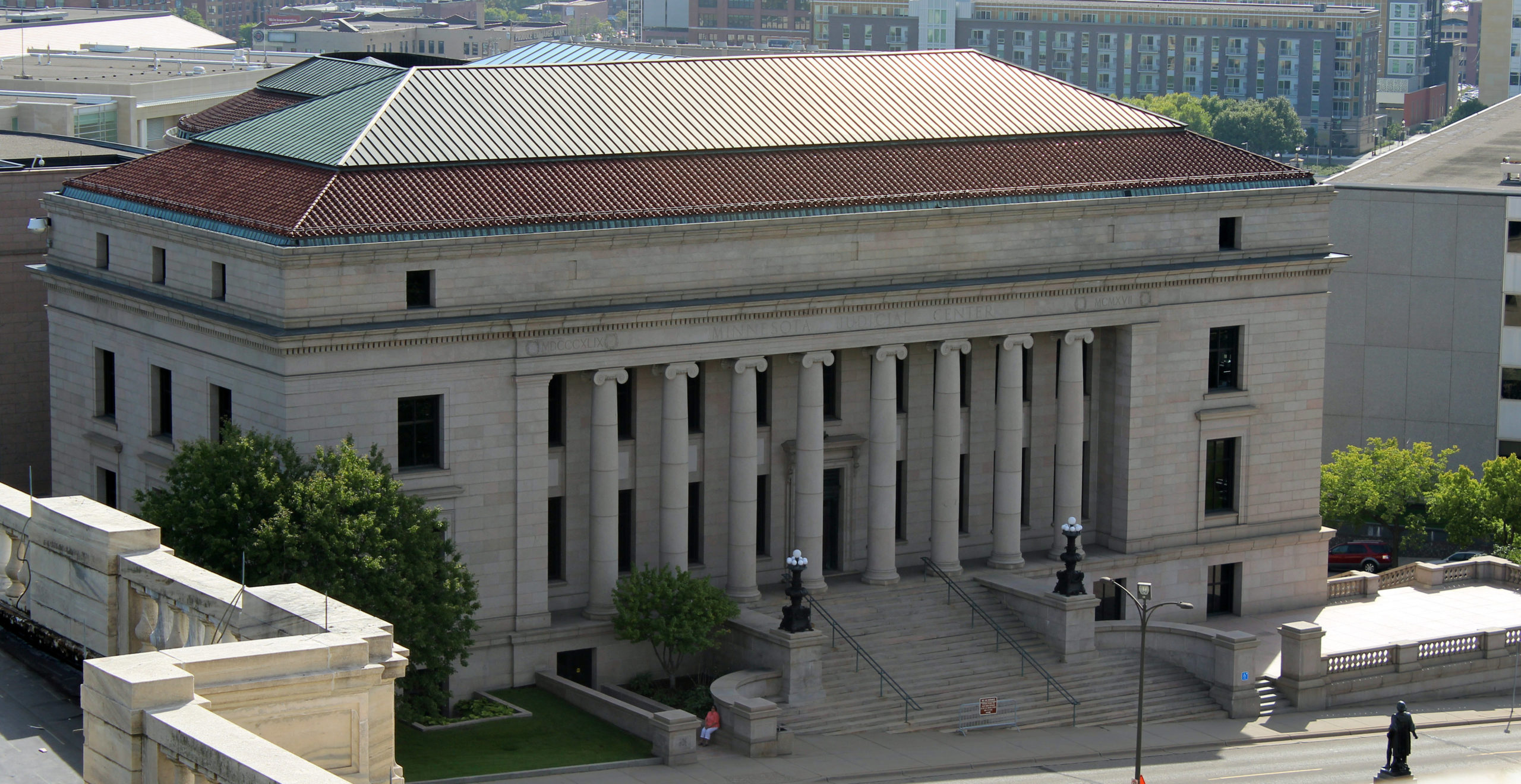PolyMet Litigation

PolyMet Water Pollution Permit Appeal
WaterLegacy and our allies appealed MPCA’s decisions to the Minnesota Court of Appeals. Our appeal emphasized that the direct discharge of pollution from the PolyMet plant violated the Clean Water Act because there were no enforceable water quality-based limits on sulfate and toxic metals, including mercury. Untreated seepage from unlined PolyMet waste facilities, including tailings storage, was virtually unregulated by the permit.
PolyMet Water Pollution Permit Scandal
In March 2018, WaterLegacy heard that comments from the U.S. Environmental Protection Agency (EPA), usually a key part of the permit record, were not provided to MPCA. As WaterLegacy investigated through state Data Practices Act requests and Freedom of Information Act litigation, we learned something shocking. EPA had written comments that were harshly critical of the weak MPCA draft PolyMet water pollution permit. But those comments were suppressed at the request of the MPCA commissioner and assistant commissioner. Then, when EPA program staff read the comments over the phone to MPCA staff, the agency either destroyed or failed to disclose meeting notes documenting EPA’s harsh criticism.
On WaterLegacy’s motion, the Court of Appeals made an extraordinary ruling to send the PolyMet water pollution permit to district court to determine whether MPCA engaged in procedural “irregularities” in issuing the permit.
PolyMet Permit to Mine and Dam Safety Permits Appeal
On December 3, 2019, WaterLegacy appealed from DNR’s issuance of permits to PolyMet and from the denial of contested case hearings. Critical issues included DNR’s approval of an unsafe tailings dam, unproven methods to capture reactive waste drainage, and rejection of best available technology for tailings storage in favor of cheaper methods. WaterLegacy emphasized the need for a contested case hearing on these important factual issues and the need to hold multinational corporation Glencore responsible on the permit to mine.
On January 13, 2020, the Minnesota Court of Appeals reversed the DNR PolyMet permits, requiring contested case hearings and that the DNR impose a limited term of years on the permit to mine. PolyMet and DNR petitioned, and the Minnesota Supreme Court agreed to review the case.
